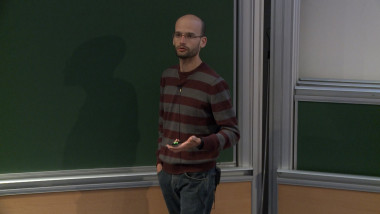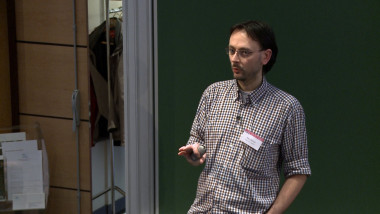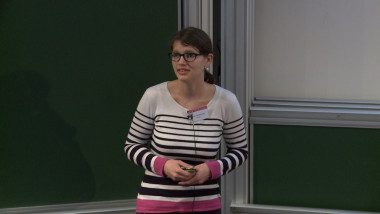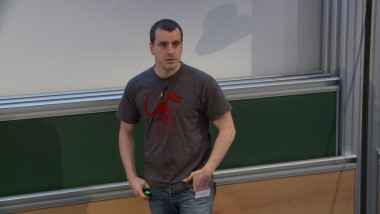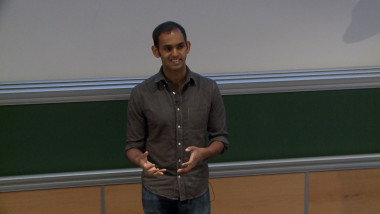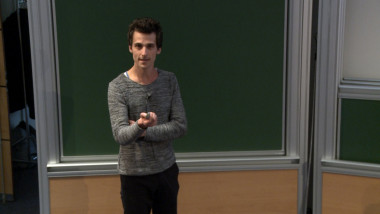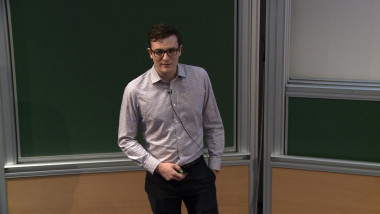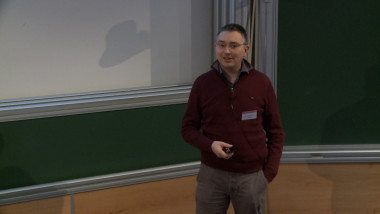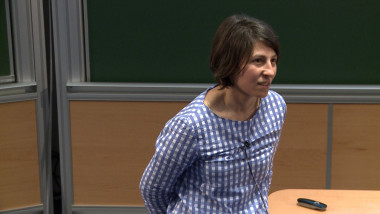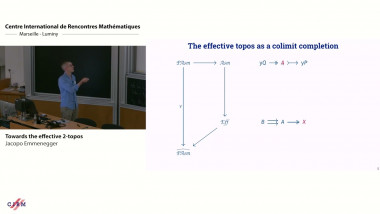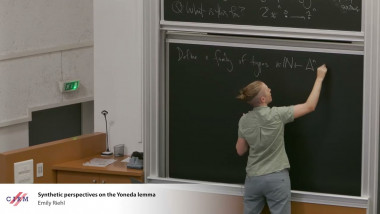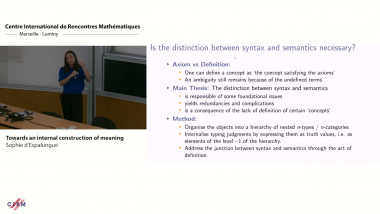Using kernels to detect abrupt changes in time series
In this talk we discuss the change-point detection problem when dealing with complex data. Our goal is to present a new procedure involving positive semidefinite kernels and allowing to detect abrupt changes arising in the full distribution of the observations along the time (and not only in their means). This two-stage procedure is based first on dynamic programming, and second on a new $l_0$-type penalty derived from a non-asympsotic model selection result applying to vectors in a reproducing kernel Hilbert space. Since our procedure relies on the dynamic programming algorithm, which induces a high computational complexity at the first step, we will also discuss an improved version of this first step allowing to achieve a complexity of $O(n^2)$ in time and $O(n)$ in space. Finally, we will illustrate the behavior of our kernel change-point procedure on a wide range of simulated data. In particular we empirically validate our penalty since the resulting penalized criterion recovers the true (number of) change-points with high probability. We also infer the influence of the kernel on the final results in practice.












